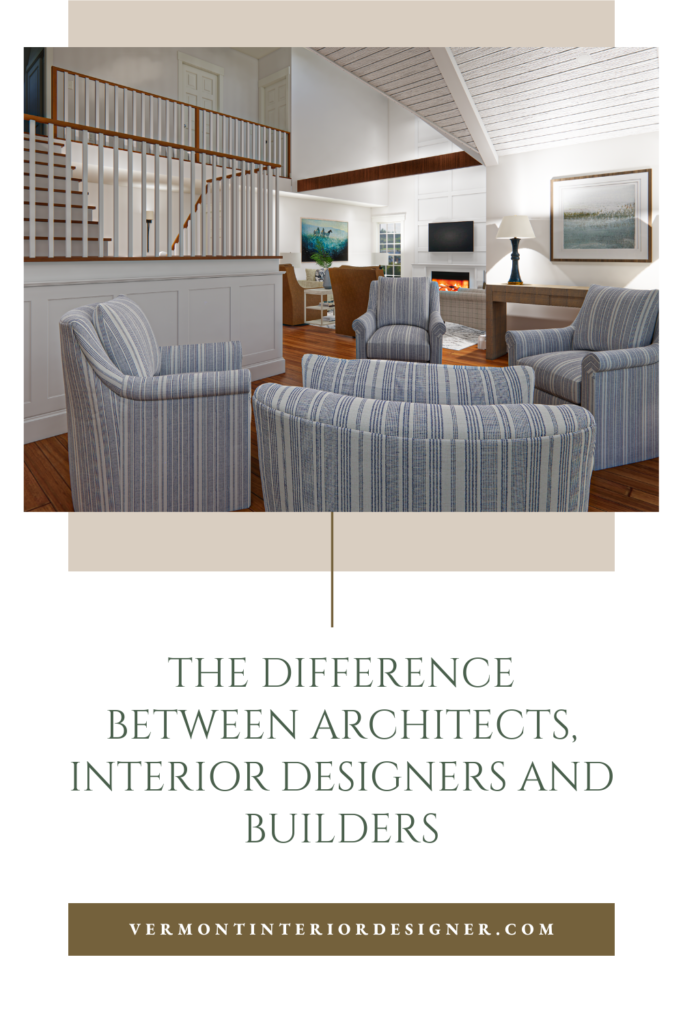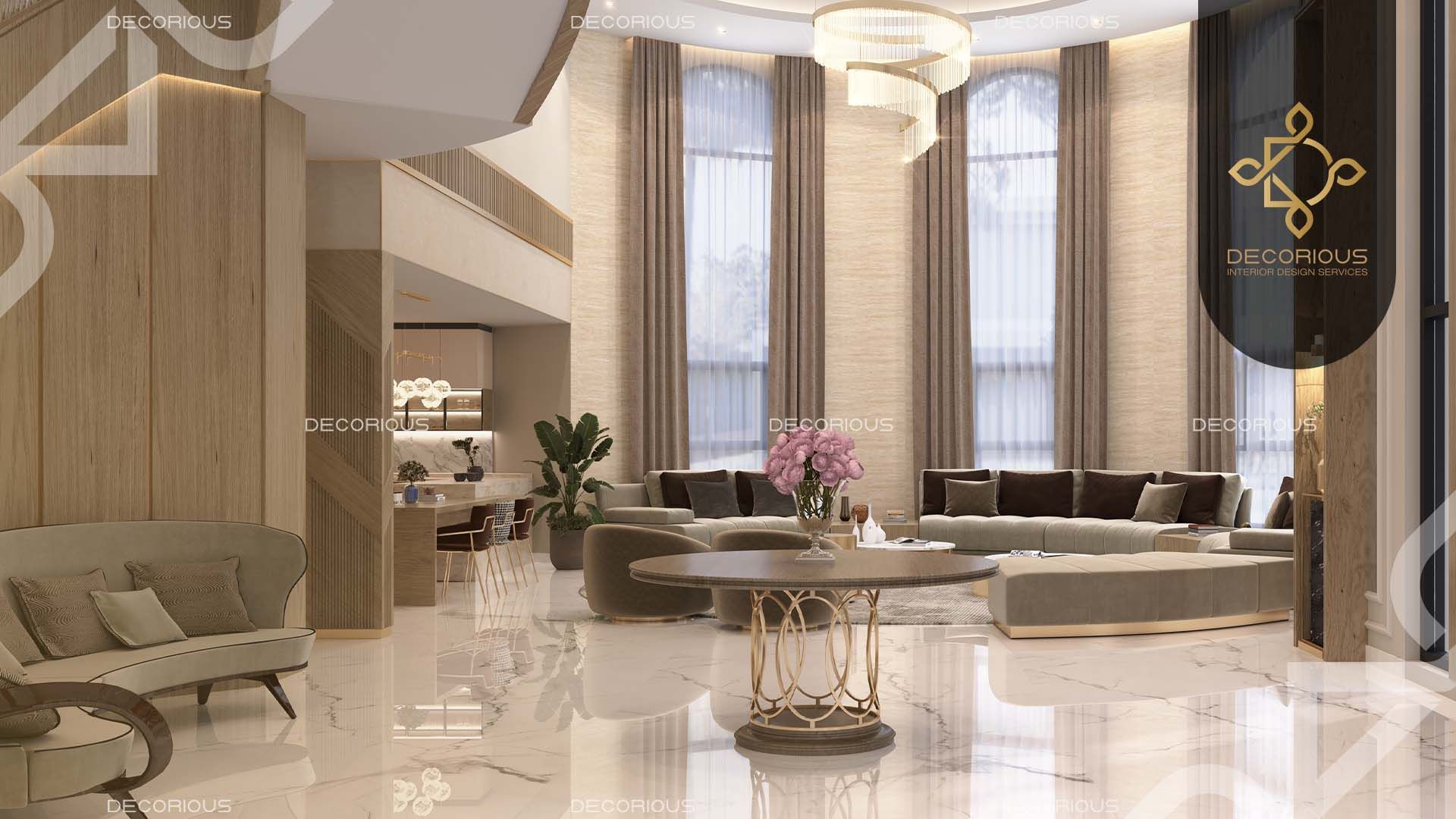Explore the Expertise of Hampshire Design Experts for Unique Residential Projects
Explore the Expertise of Hampshire Design Experts for Unique Residential Projects
Blog Article
The Art of Equilibrium: How Interior Design and Home Architect Collaborate for Stunning Outcomes
In the world of home design, striking a balance between appearances and performance is no little accomplishment. This fragile balance is attained via the unified collaboration in between indoor developers and engineers, each bringing their unique knowledge to the table. The result? Areas that are not only visually stunning yet additionally very habitable. Nonetheless, this excellent mix is not constantly very easy to acquire. Remain with us as we explore the intricacies of this joint procedure and its transformative effect on home style.
Comprehending the Core Differences In Between Interior Design and Home Style
While both Interior Design and home architecture play crucial roles in creating cosmetically pleasing and useful areas, they are inherently different self-controls. Home style mostly concentrates on the architectural elements of the home, such as building codes, safety and security policies, and the physical building and construction of the space. It deals with the 'bones' of the framework, collaborating with spatial measurements, load-bearing walls, and roof covering designs. On the various other hand, Interior Design is much more concerned with improving the visual and sensory experience within that structure. It involves picking and organizing furniture, selecting shade systems, and integrating ornamental components. While they operate in tandem, their functions, responsibilities, and locations of proficiency deviate considerably in the creation of a harmonious home atmosphere.
The Synergy Between Home Design and Inside Layout
The harmony in between home design and Interior Design hinges on a common vision of design and the enhancement of practical visual appeals. When these two fields straighten sympathetically, they can change a space from regular to amazing. This cooperation needs a much deeper understanding of each discipline's principles and the ability to create a cohesive, aesthetically pleasing environment.
Unifying Layout Vision
Linking the vision for home design and interior style can create an unified living space that is both useful and visually pleasing. It advertises a synergistic strategy where architectural components complement indoor style parts and vice versa. Therefore, unifying the design vision is essential in mixing style and interior style for sensational results.
Enhancing Practical Aesthetic Appeals
How does the harmony in between home design and Interior Design enhance practical aesthetics? This synergy allows the development of rooms that are not only aesthetically enticing but likewise easily useful. Architects lay the groundwork with their structural layout, ensuring that the area is sensible and efficient. The indoor developer then matches this with very carefully picked elements that improve the looks without endangering the performance. This unified cooperation can cause homes that are both attractive and livable. A designer may develop a house with high ceilings and big windows. The interior designer can then accentuate these features with high plants and sheer drapes, respectively, thus improving the aesthetic allure while keeping the functional benefits of natural light and space.
Relevance of Partnership in Creating Balanced Spaces
The collaboration in between interior developers and designers is pivotal in developing balanced rooms. It brings harmony in between design and style, providing birth to rooms that are not only cosmetically pleasing but likewise functional. Checking out effective joint approaches can offer insights right into exactly how this harmony can be successfully achieved.
Balancing Layout and Architecture
Equilibrium, an essential facet of both indoor layout and architecture, can only absolutely be accomplished when these two fields job in consistency. This collective process results in a natural, well balanced style where every element adds and has a purpose to the total visual. Harmonizing layout and design is not just regarding creating beautiful rooms, however about crafting rooms that work seamlessly for their citizens.
Effective Collaborative Approaches

Case Researches: Effective Integration of Layout and Style
Checking out several study, it becomes noticeable just how the successful integration of Interior Design and style can transform a room. The Glass House in Connecticut, renowned for its minimalistic sophistication, is one such example. Engineer Philip Johnson and indoor designer Mies van der Rohe teamed up to produce an unified balance between the framework and the interior, resulting in a seamless circulation from the exterior landscape to the internal living quarters. Another prototype is the Fallingwater Residence in Pennsylvania. Designer Frank Lloyd Wright and indoor designer Edgar Kaufmann Jr.'s joint efforts lead to a strikingly unique home that blends with its natural environments. These study underline the extensive influence of a successful style and style collaboration.

Overcoming Difficulties in Design and Style Partnership
In spite of the indisputable benefits of an effective collaboration in between indoor design and architecture, it is not without its challenges. Designers might additional reading focus on structural stability and safety, while designers focus on convenience and design. Reliable communication, mutual understanding, and compromise are important to get over these obstacles and accomplish a harmonious and successful partnership.

Future Patterns: The Progressing Relationship Between Home Architects and Inside Designers
As the world of home layout proceeds to advance, so does the relationship between engineers and indoor designers. Conversely, interior designers are welcoming technical facets, affecting general layout and functionality. The future promises a more cohesive, ingenious, and flexible strategy to home layout, as architects and designers continue to obscure the lines, cultivating a partnership that truly embodies the art of balance.
Conclusion
The art of balance in home layout is accomplished via the harmonious partnership in between indoor developers and engineers. An understanding of each other's techniques, reliable communication, and shared vision are crucial in developing visually sensational, useful, and inviting spaces. Regardless of challenges, this partnership promotes growth and technology in design. As the connection between home architects and interior developers develops, it will remain to form future trends, boosting comfort, effectiveness, and individual expression in our space.
While both indoor style and home architecture play essential functions in developing visually pleasing and useful areas, they are inherently various self-controls.The synergy in between home architecture and indoor design exists in a common vision of layout and the enhancement of practical aesthetics.Linking the vision for home useful reference design and indoor style can develop a harmonious living room that is both functional and visually pleasing. Hence, unifying the design vision is essential in mixing architecture and indoor style for sensational outcomes.
Exactly how does the harmony between home style and interior layout boost functional visual appeals? (Winchester architect)
Report this page